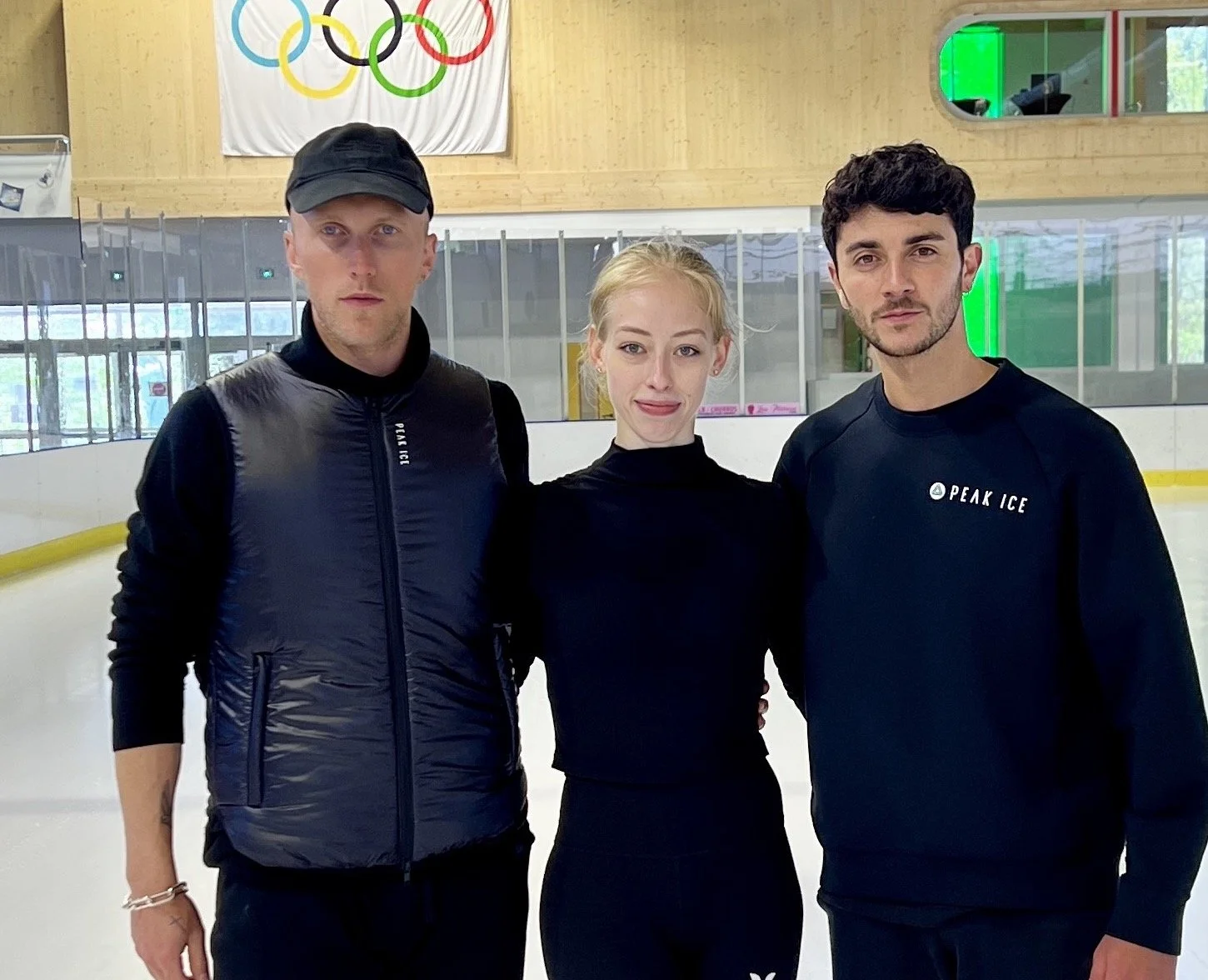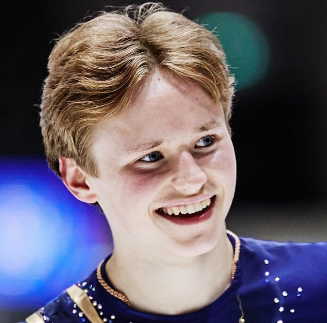Jason Brown returns to figure skating, and a Toronto basement, with an ‘Impossible Dream’
/In June, figure skater Jason Brown moved all his belongings out of the Toronto basement apartment where he had lived most of the last four years while training to make the 2022 Winter Olympics in Beijing. He brought everything back to his family home north of Chicago, where nearly all those possessions – and his car – remain.
“No part of me thought I was coming back to Toronto,” Brown told me in a recent phone conversation.
Why would he have? Brown, 28 next month, had been in Toronto to work with coaches Tracy Wilson and Brian Orser on preparing for competitions. That lengthy phase of his skating career, with 12 years as a senior competitor and suitcases full of medals and achievements, seemed to be over with his solid sixth-place finish in the men’s singles event in China.
Brown had wearied of the blinkered perspective and single-minded focus necessary to be an elite competitive skater. He wanted to immerse himself more deeply in the other sides of skating, using his nonpareil artistry and body awareness to be a choreographer, to be a frequent and innovative show skater, to lay groundwork for the hope of one day producing his own show and having a skating camp.
None of those endeavors needed him to be based in Toronto.
And yet there he was in Toronto when we talked, back in the basement apartment with one suitcase of belongings, back training at the Cricket Club for his next competition, the U.S. Championships in late January, back with a frame of mind in which skating at the 2026 Winter Games is a far-off but not far-fetched thought.
Read More





